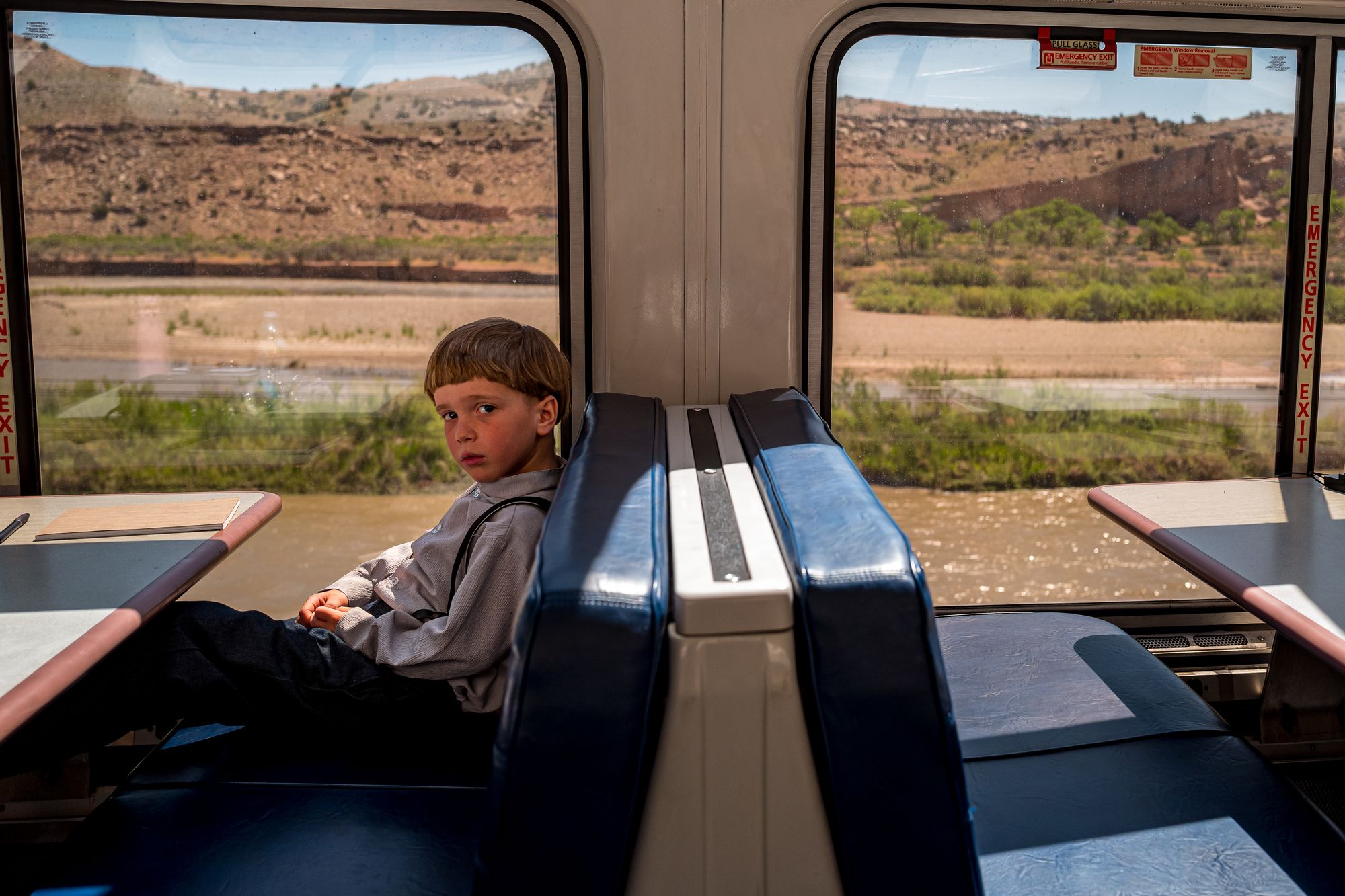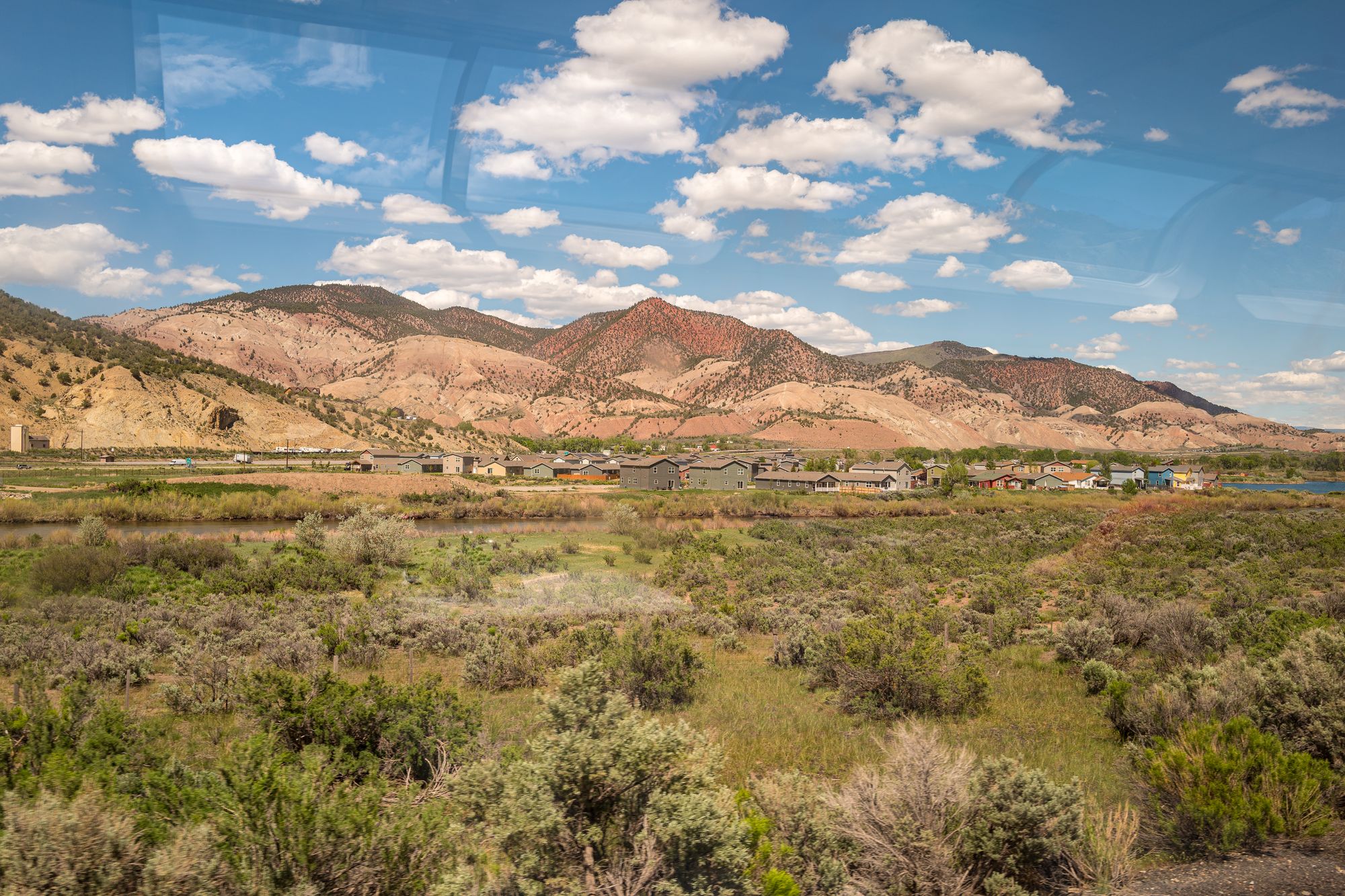[M1] Foreword
In a 1967 lecture to a group of architects, French philosopher Michel Foucault introduced the concept of heterotopias. As a counterpart to utopias – fantastic, perfected, yet fundamentally unreal portraits of society – heterotopias are by contrast real spaces that have many complex relationships to utopias, but differ in their meaning, character and presentation. He used the mirror as a simple metaphor.
“The mirror is, after all, a utopia, since it is a placeless place. In the mirror, I see myself there where I am not, in an unreal, virtual space that opens up behind the surface.”
Foucault continues:
“The mirror functions as a heterotopia in this respect: It makes this place that I occupy at the moment when I look at myself in the glass at once absolutely real, connected with all the space that surrounds it, and absolutely unreal, since in order to be perceived it has to pass through this virtual point which is over there.”
Trains are archetypal of heterotopias in Foucault’s view. They are worlds within worlds, paradoxes, mirrors. If you look close enough, Life and Society is in a train writ large. It reflects, yet mocks what’s outside. And if you look closer still, you yourself are laid bare.
What moves me – emotionally, spiritually, literally – has become a way of life. I believe to trace the arc of this movement is to trace a path toward home.
Foucault pointed out that trains are bundled by relations of movement: It’s a space to move through, a space that moves from one place to another, and a space that moves past you. And so, with many thousands of miles of railroading behind me, I’d like to supplement Foucault’s relations of movement with a sentimental twist. It is in the tiny moments between departure and disembark that a long-distance train is a space where natural beauty and perfect strangers mingle to move an open heart.
In the mirror, I see myself there where I am not.


Next, on Moved
